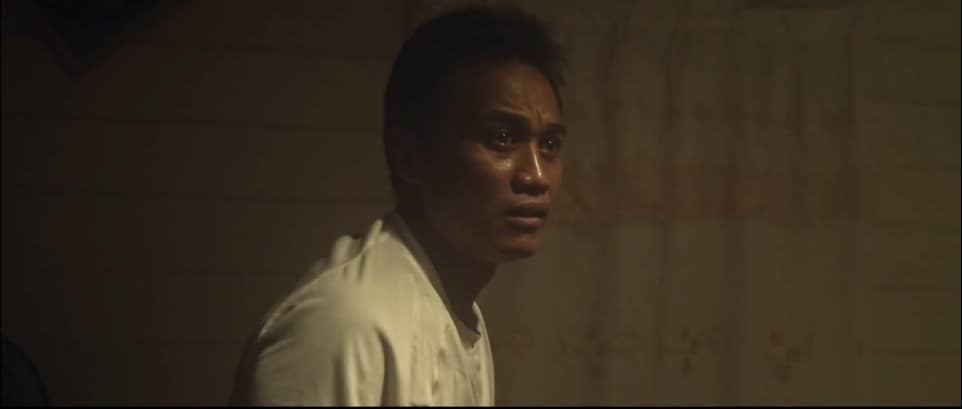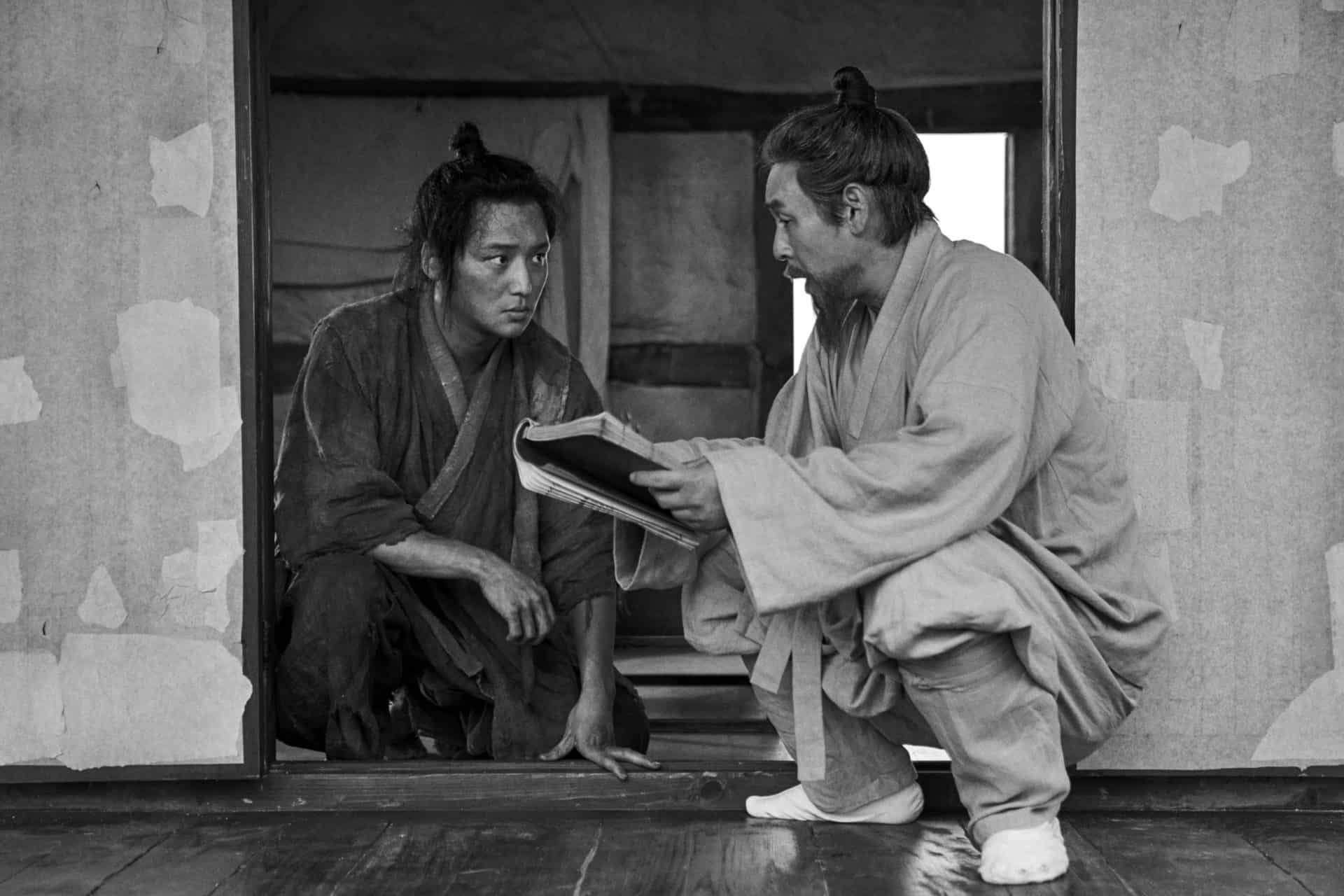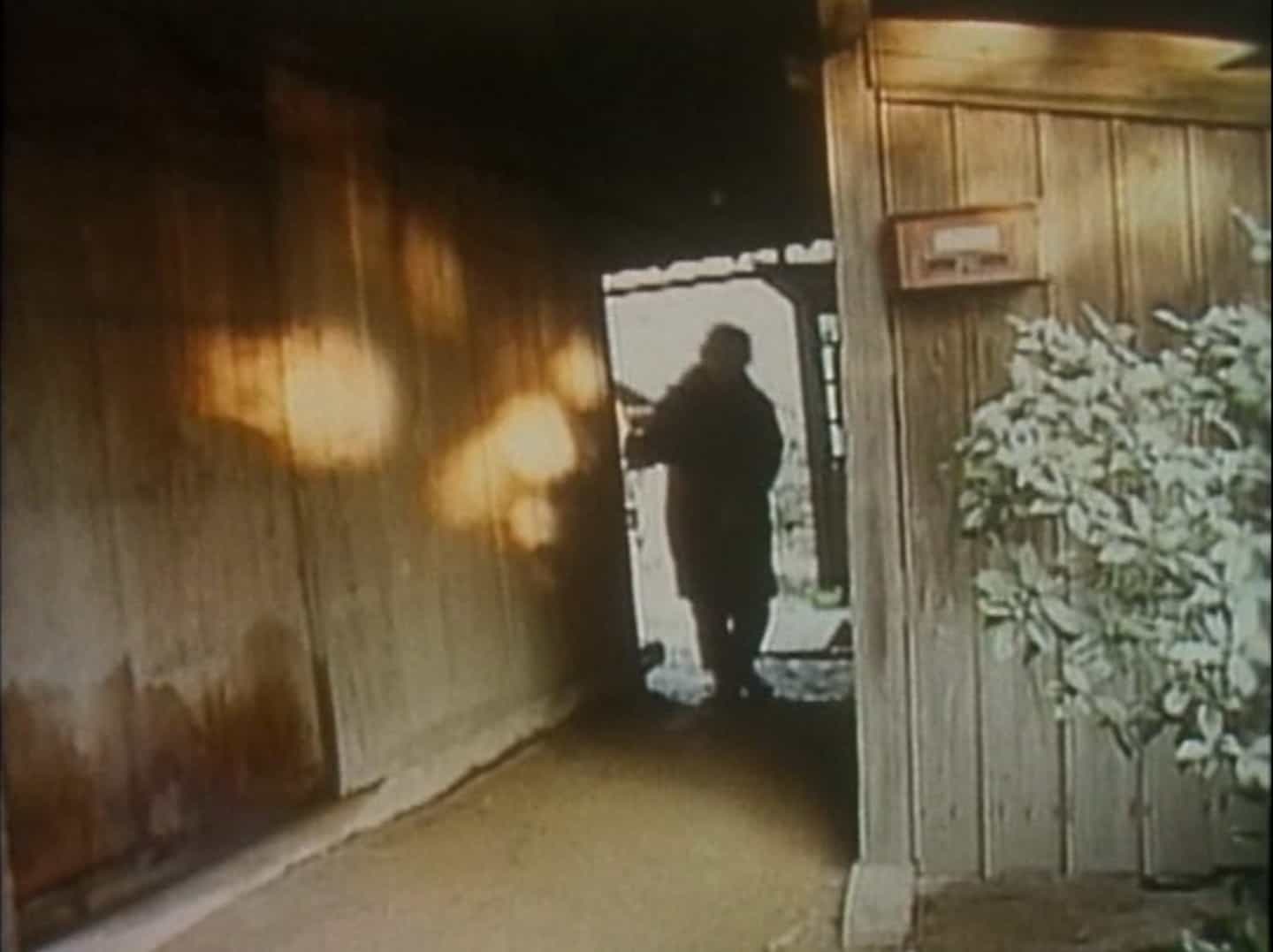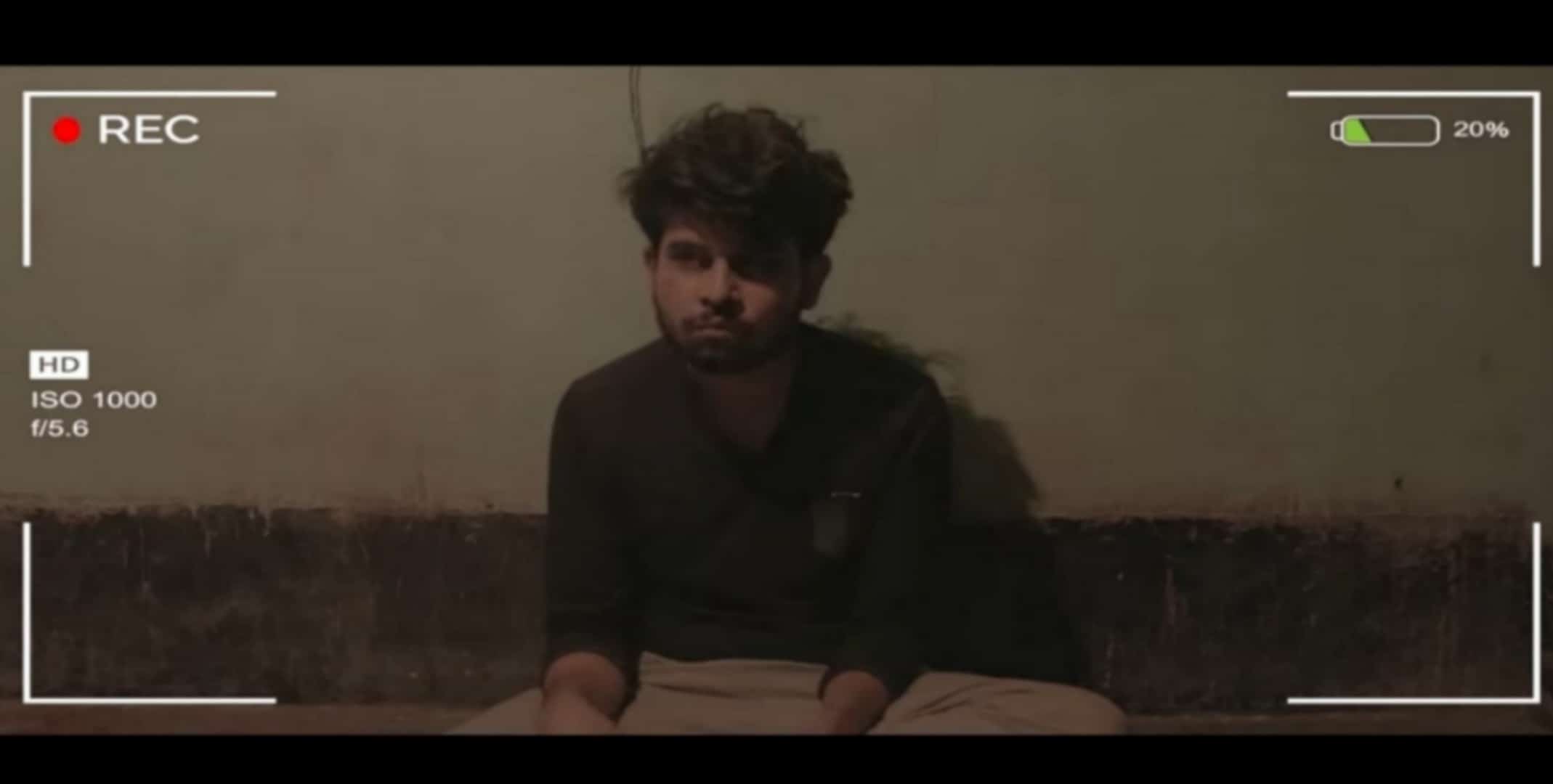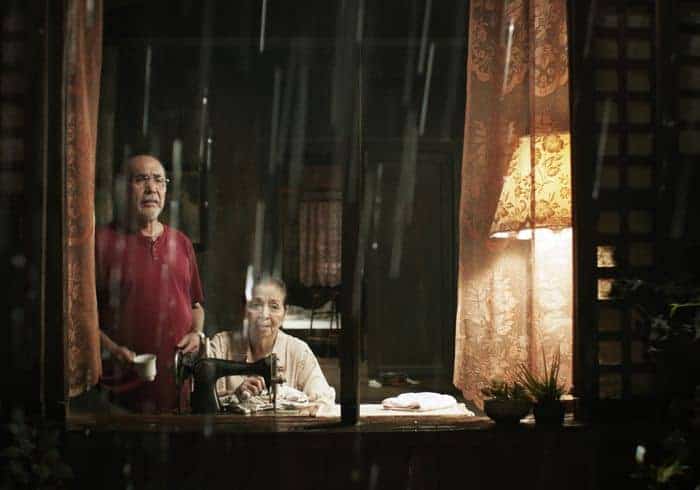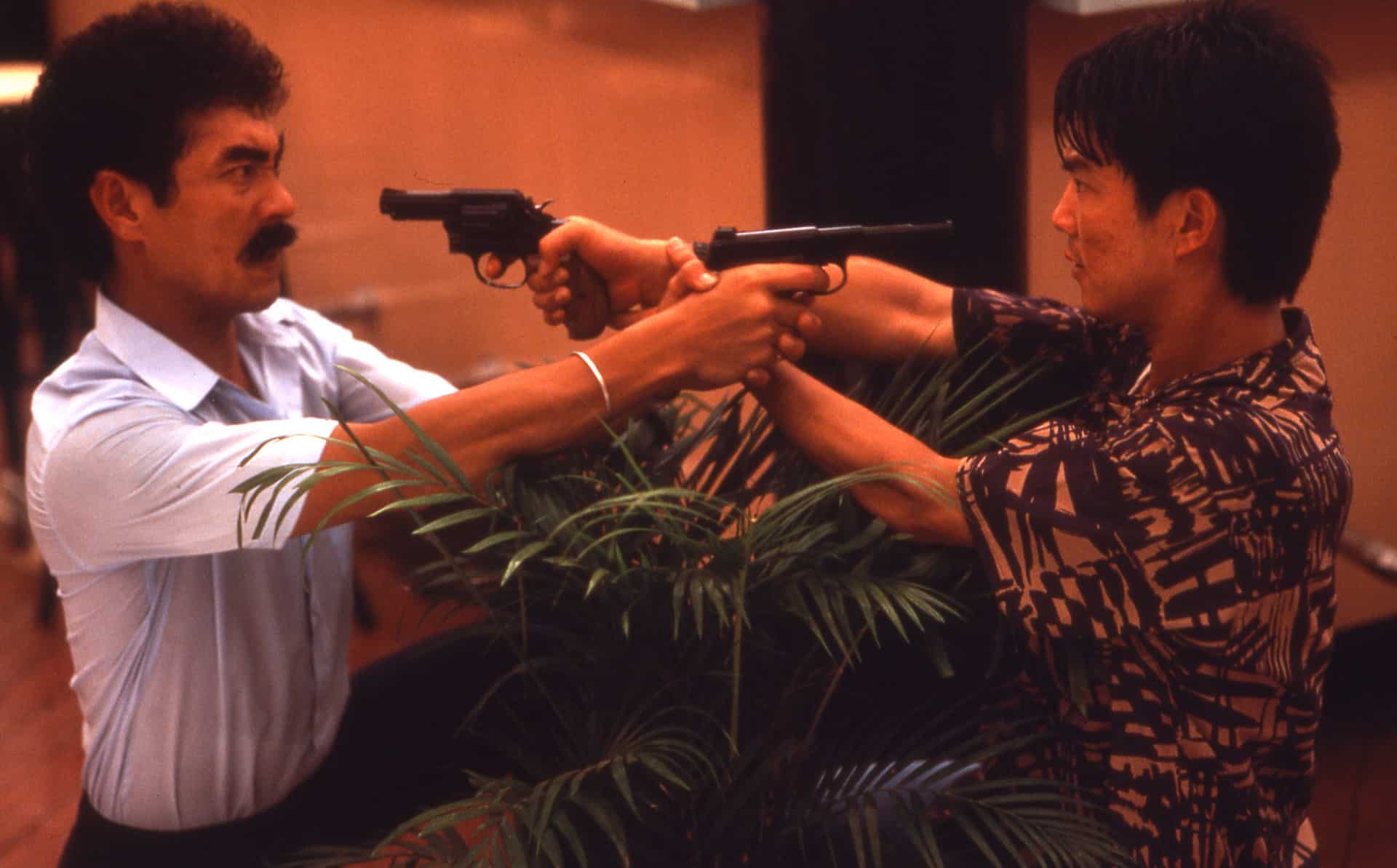A hard working single father returns home to find that his 14 year-old daughter has been raped. Overcome with emotions, he turns to the village chief and asks for guidance. Instead of helping him report the incident, the chief offers to marry the young girl in order to save the family any further embarrassment. However, as the father begins to unravel the truth of the incident, he is forced into action to save the future of his daughter.
Approaching a controversial subject such as rape, a certain amount of tact is required in order to not become exploitative. It is also a subject, that although universally hard to discuss, exists as a more taboo subject within certain cultures, particularly when concerning the views of the victims. With that in mind, “Khilaf” navigates the issue which shows respect to the victims and an understanding of how to approach the subject to bring in universal empathy. Often concepts such as shaming someone through rape into doing something can reflect negatively on a social construct within a culture, staying oblivious to the struggles on an individual level. Ultimately, the production focus on the father figure dealing with the incident speaks to the sentiment to protect loved ones and feelings of powerlessness creates, constructing a universally understandable sentiment. The success in building this sentiment acts as the films strongest attribute, leaving the biggest impact.

The narrative success of the production relied heavily on the performance of the father figure in order to keep a dramatic tone complimentary to the conflicts present. Thankfully, the lead actor does a good job of navigating through the various emotions of sorrow, frustration, anger etc. that would come with feelings of a loved one being violated. Overall, it is a strong a convincing performance that adds to the gravity of the situation.
The visual and audio presentation is serviceable to the film, but it should be pointed there are a certain moment that shine in showcasing an understanding of blocking and framing. Specifically, within a dream sequence that pans well with the actor's position and emotional response to capture that disorienting moment of blurred reality when sometimes entering a Dreamscape. It is moments like this that show a greater understanding of visuals, and although “kihlaf” is not a complete visual spectacle by any means, it does garner a lot of interest in the trajectory that subsequent productions from Khairi Asyraf might take.
Some degree of cultural disconnect will be experienced by audiences, which is inevitable when discussing rape attached to cultural issues. From my own perspective, the rape and then shaming of a girl into marriage is a baffling concept that can't be attached to memory or experience in my own culture. To that degree, “Kihlaff” can be viewed important film to help educate the situation and struggles suffered. The film does this by not sensationalizing the act or fall out, but rather focus on the families struggle, which regardless of cultural differences, creates an empathetic portrait of those affected. Overall, if audiences are okay in approaching the subject matter, “Khilaf” will both enthrall and enlighten audiences.


